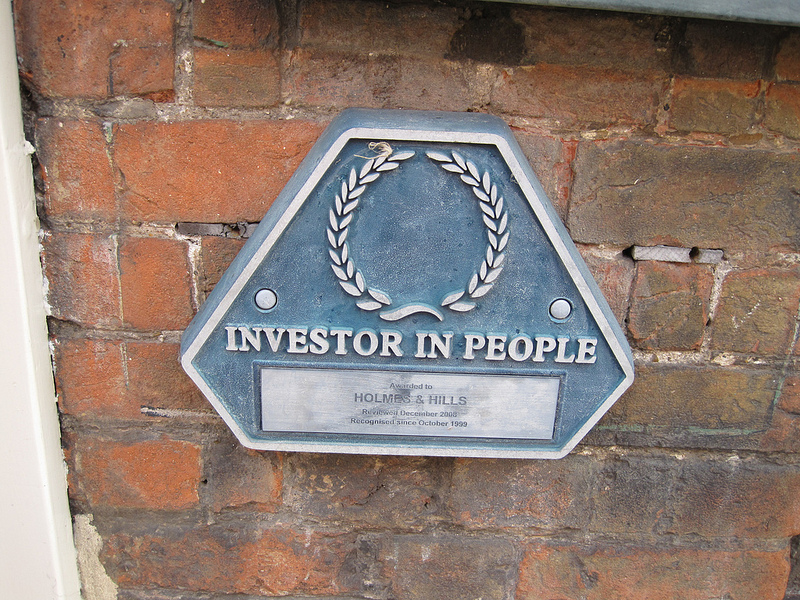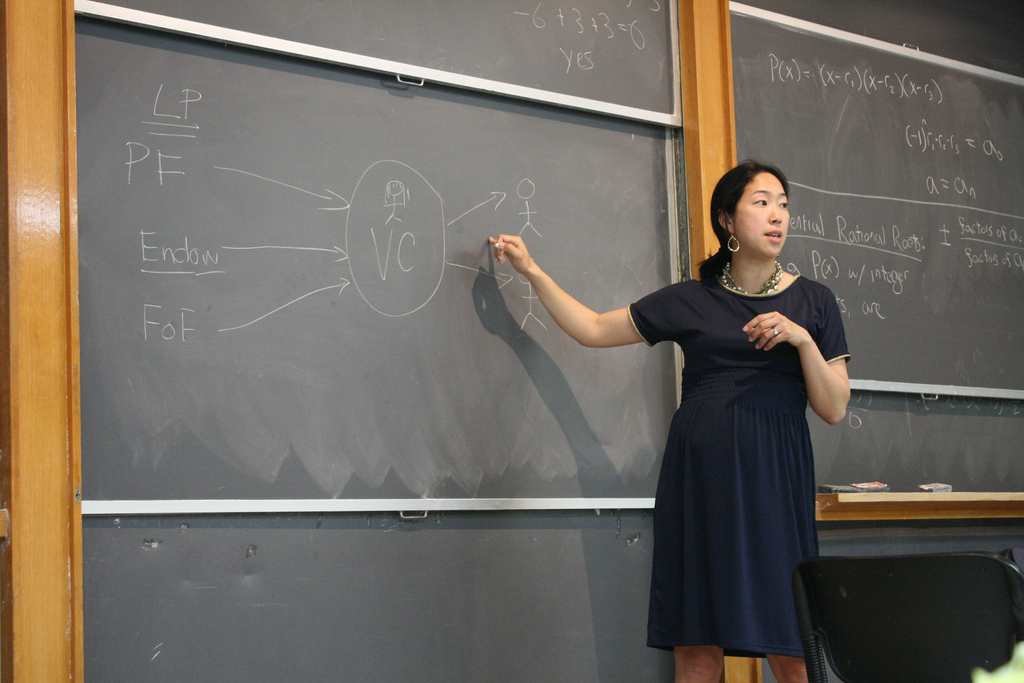Some Notes on How to Present Your Startup
Presenting in front of people is hard. Being an entrepreneur and making your idea look simple is also genuinely difficult. Here is a rough structure that may help when presenting to potential users and partners or the general public. – Maria (photo) is a (…) and spends (time/money) doing (…). {problem — it is important …
Continue reading “Some Notes on How to Present Your Startup”



